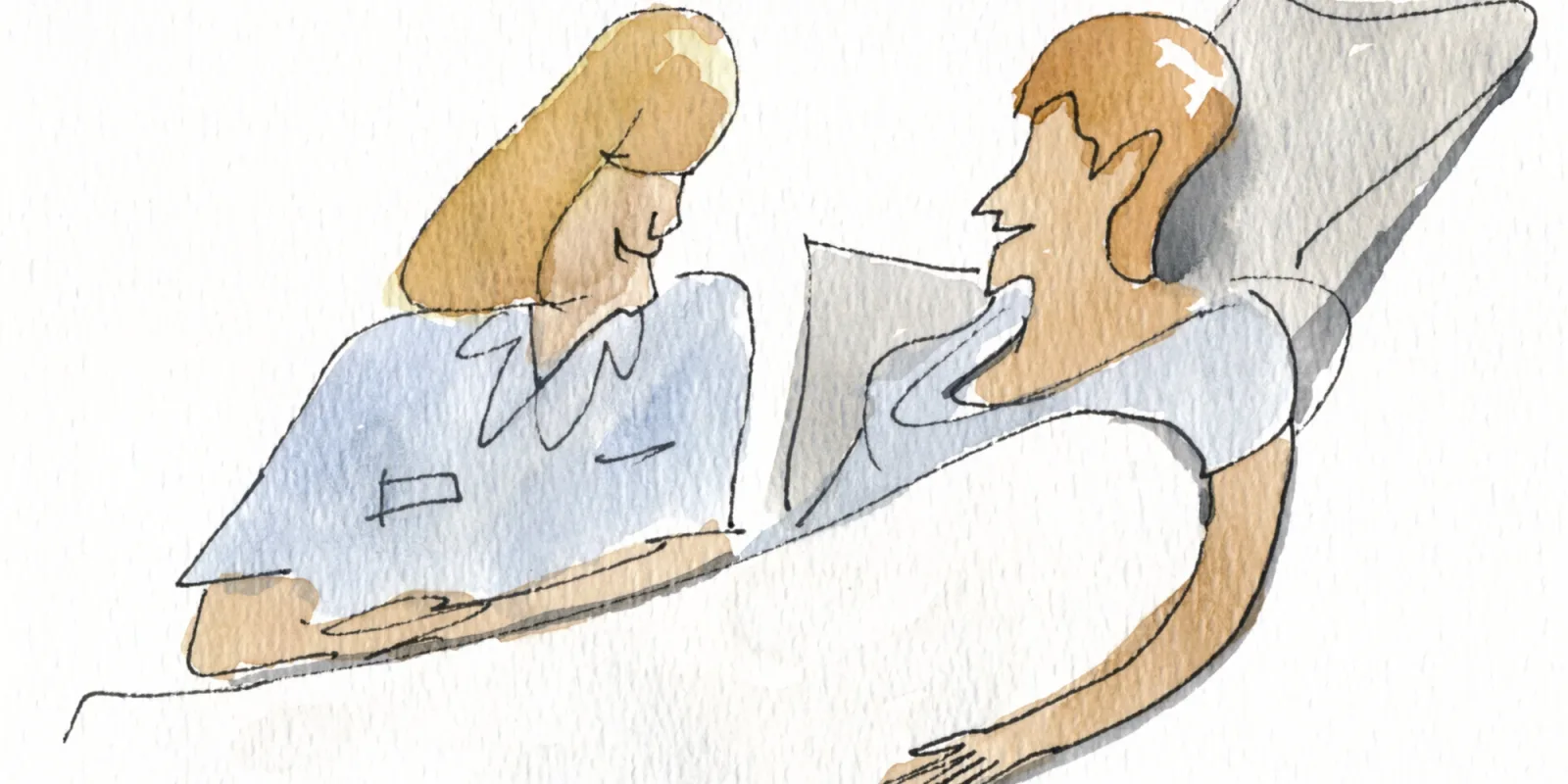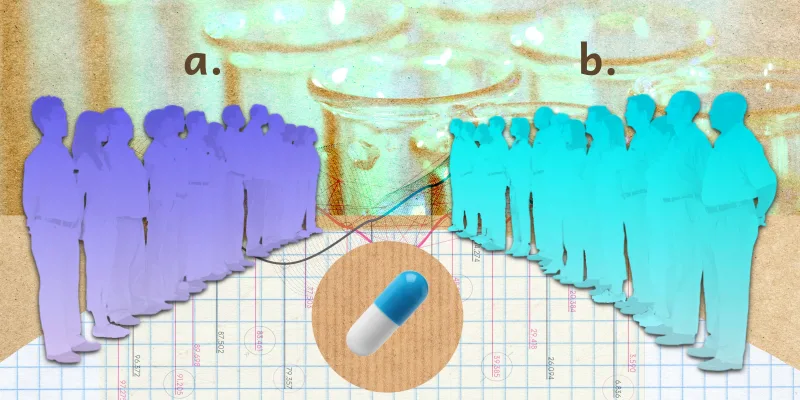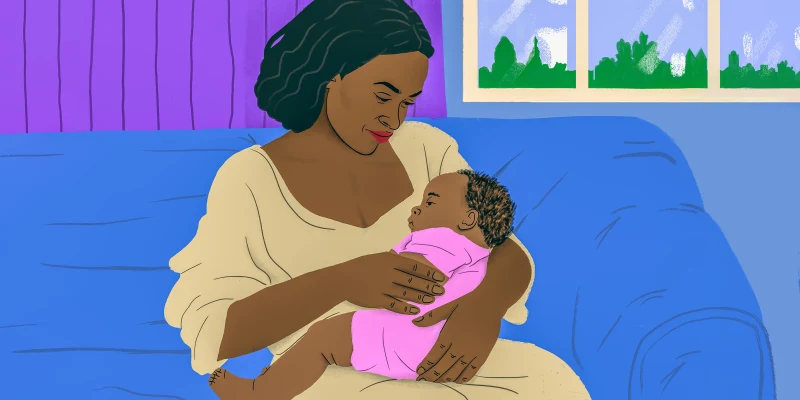 Image: Ekkapop Sittiwantana / shutterstock
Image: Ekkapop Sittiwantana / shutterstock
I started clerkship year with a really bad gastrointestinal virus; I was so dehydrated that I became vasovagal during the surgery orientation gowning and gloving demo at our simulation center, and had to be plied with leftover bagels and orange juice, fed to me by the associate clerkship director. In an almost fugue state, I accidentally bought the UWorld Step 1 Qbank instead of the Step 2 Qbank, and had to email the company desperately to ask if they would let me switch. (They did.)
So, when I actually started seeing patients and scrubbing in on surgeries, I was pretty much just trying to stay upright. Any time I did something right, I sent an excited text to my family Whatsapp group. “I put in a Foley catheter!” I would type. I don’t think they really knew what an appropriate response should be. “Congratulations?”
But celebrating my victories to keep myself afloat also became the habit that saved me. Because there are many victories in clerkship year that were tangible firsts—the first baby delivered, the first IV placed, the first time I heard rales with my cold stethoscope pressed to a patient’s skin. There are also academic victories—tests passed, courses honored. And then of course, in each of these areas, there are also, inevitably, failures—the ones you don’t send an excited text about, the ones you call your mom crying on the walk home about. The failures can be heavy and, if you let them, they can feel all-encompassing.
There are also other victories worthy of counting—the ones that are not defined by your evaluations, grades, specific procedures, or skills. You may not realize this now—I didn’t, before clerkship year—but when you are a third-year medical student, it’s not uncommon that you will be the one with the most face-to-face patient interaction time. Patients will see you first when they wake up, because you are there earliest to pre-round. You are the one taking the time to do a thorough history and write a thorough progress note. You are the one so focused on learning about the patient that when the team wonders if there’s any family in the area, you know. In fact, during your free afternoon, when you’re looking for something to do, you end up calling the patient’s son to update him. And when your patient goes down to Interventional Radiology for a thoracentesis, you are the one accompanying her and holding her hand, because you are the one that has the time to do so, and the team agrees that it’s educationally valuable for you to see a thoracentesis. And so in this way, if you allow yourself to, you become more than a medical student—you become an advocate.
It is a quiet, profound privilege to be there for a complete stranger in this way. You will realize, sometimes, that your evaluation could be stellar whether you choose to be present for the patient or not. Your exam scores could be stellar whether you hold your patient’s hand through a painful procedure or not. When your patient complains about something, instead of listening, you could cut them short and ask them to tell your attending instead, knowing full well that they may not get the opportunity, because your attending moves fast on rounds (and is intimidating), while you are slow, often endearingly bumbling, and still babyfaced enough that all your patient’s secret fears come tumbling out when you are in the room. Bringing up your patient’s concerns on rounds may not do anything special for you.
But in the end, you are not only there for you. And this feeling of victory, of being fully there for your patient, cannot be surpassed by any of the others—the Foley catheters, the grades, the honors. Once their novelty wears off, those victories will eventually fade. But the acts of kindness, of generosity, of humility in your relationships with patients and their families, these are the victories that are not measured or witnessed—but they are the ones that will stay with you, that will remind you of why you are studying, why you are sleep-deprived, and why you belong here. Whether your patients thank you or not, you will know that your being there has helped them. And helping did not take any superhuman feat of studying. It simply took being human.
I encourage you to count your victories next year—the ones you are told to count, sure, but also the ones that only you see. These are the ones that will keep you going.
Vidya Viswanathan is the founder of Doctors Who Create and is a fourth-year medical student and aspiring pediatrician at the University of Pennsylvania. She received her BA in Social Studies and a citation in Mandarin Chinese from Harvard College. She writes about medicine and innovation, and has published in Academic Medicine, The Establishment, The Atlantic, and MedTech Boston. Read her writing at www.vidyaviswanathan.com and follow her on twitter (@vidyavis).






